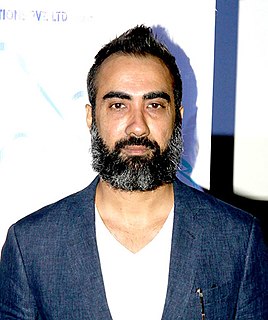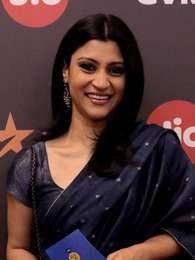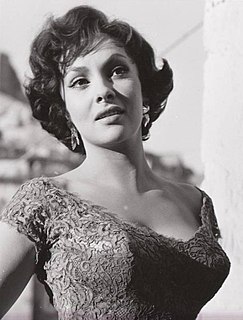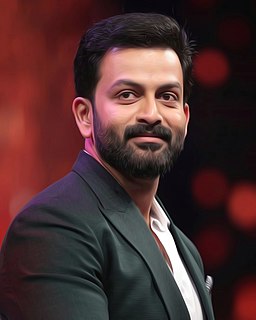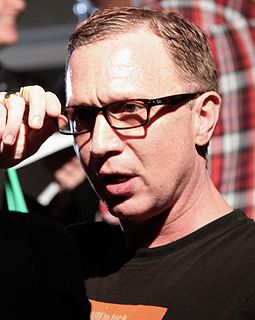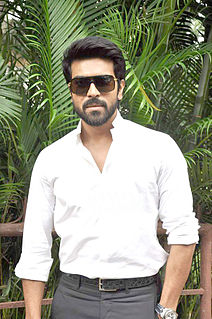A Quote by Ranvir Shorey
I haven't got the kind of films from mainstream cinema which I would have wanted. But then mainstream cinema has a different bunch of people who are happy working with each other, which is fine.
Related Quotes
I mean, when we did 'Families At War,' on Saturday night prime time, people said we were mainstream then. But it wasn't in the least mainstream. The fact that we got that on BBC1 at that time with those ridiculous things, that's as mainstream as we get. We do what we do and people can think that it's mainstream or avant-garde.
More than my other films, Uncle Boonmee is very much about cinema, that's also why it's personal. If you care to look, each reel of the film has a different style - acting style, lighting style, or cinematic references - but most of them reflect movies. I think that when you make a film about recollection and death, you have to consider that cinema is also dying - at least this kind of old cinema that nobody makes anymore.
